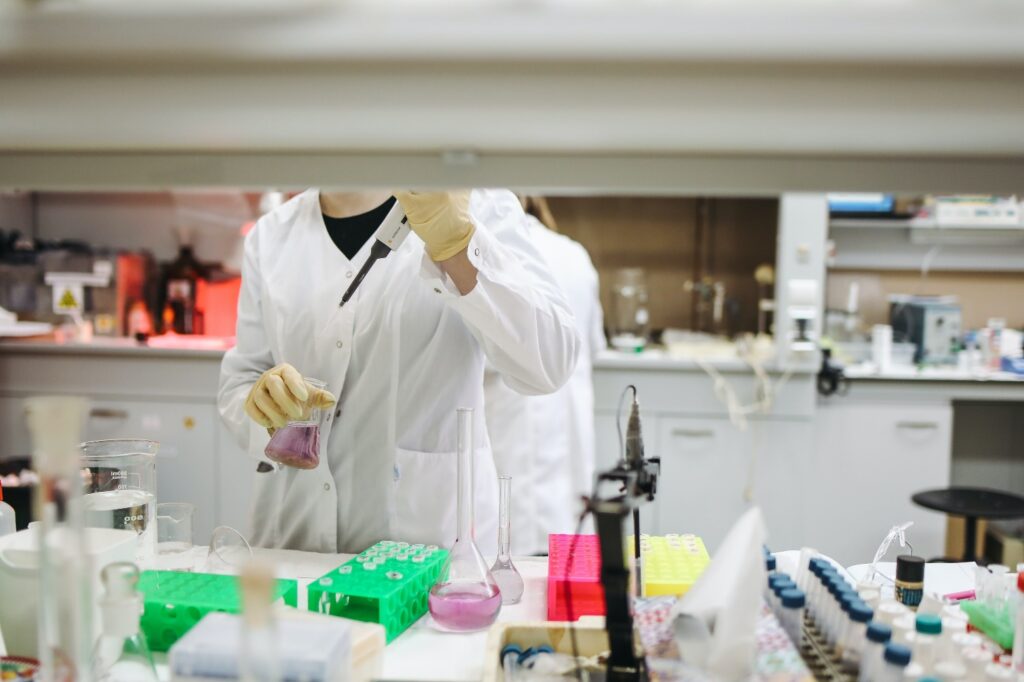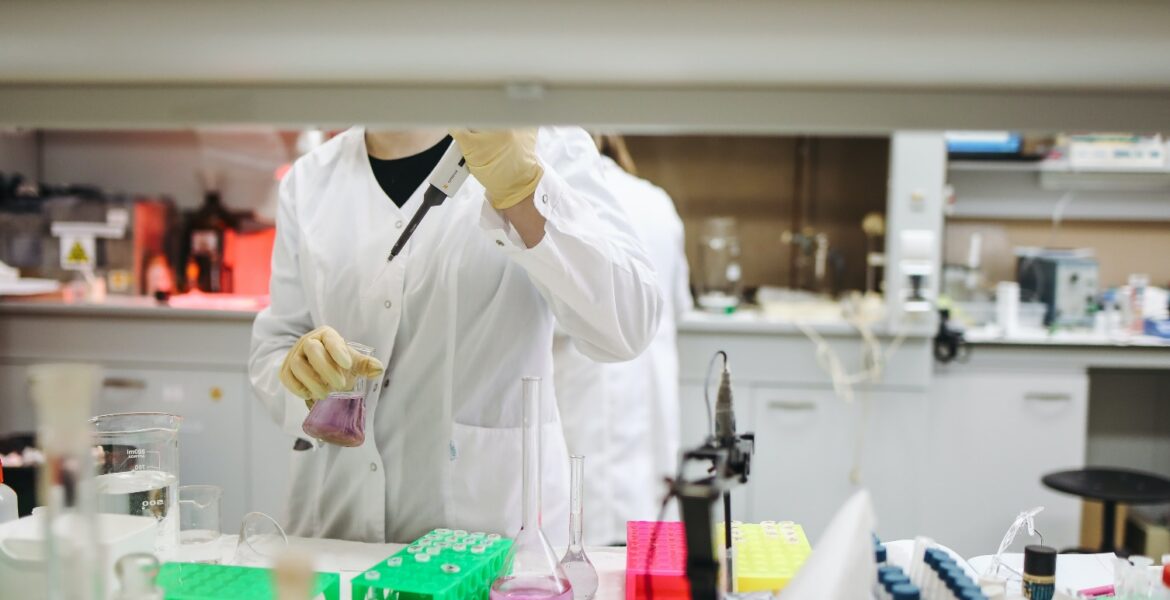Greek scientists report positive signs are showing from the plasma exchange method that they have developed to battle COVID-19; using antibodies from recovered patients to boost the immune system of those that have just been infected by the virus.
The plasma exchange treatment is a type of immunotherapy, which is a therapeutic approach that does not aim to directly harm pathogenic microorganisms, but to strengthen the immune system so that it can then deal with the illness.
 Greek researchers state that the plasma transfer from patients infected with the coronavirus should be made as soon as they recover, so that it contains as many antibodies as possible. This conclusion came after their observation that antibodies in patients who have recovered are significantly reduced over time. They point out, however, that this reduction is not known to affect the individual's overall immunity to of SARS-CoV-2.
Greek researchers state that the plasma transfer from patients infected with the coronavirus should be made as soon as they recover, so that it contains as many antibodies as possible. This conclusion came after their observation that antibodies in patients who have recovered are significantly reduced over time. They point out, however, that this reduction is not known to affect the individual's overall immunity to of SARS-CoV-2.
Scientists around the world have reported different findings about when antibodies start to decrease from a patient. Several reports indicate that the antibodies disappear one month after the onset of symptoms, while others report that they remain in the serum for at least 6 months after the infection. However, a common denominator in all studies of antibody kinetics is their reduction over time.
The results of the ongoing “Phase 2 Study” from Greek scientists, which involves the treatment of patients that have been recently infected with COVID-19, with plasma from recovered patients, have been widely accepted and were published in April and September 2020 by the prestigious New England Journal of Medicine. Seven Greek hospitals and research institutes participated in the study, and 259 potential plasma donors with a confirmed diagnosis of coronavirus infection by molecular PCR were examined.
The results showed that 20 donors (7.7%) were asymptomatic at the time of diagnosis, 156 (60.2%) were symptomatic, but did not require hospitalization and 83 (32%) were hospitalized. Antibodies to the coronavirus were detected in 229 donors, or 88% of all those tested.
Moreover, it was found that asymptomatic patients had lower antibody titers than those who were not treated and those who were hospitalized. The research also found that during the first phase of the study, 74 donors had undergone plasmapheresis, 12 days after the antibody test. Antibodies to the virus were re-measured on the day of plasmapheresis, and there was a significant decrease in the antibody titer between the day of the initial test and the day of the plasmapheresis, with most subjects having a 10% to 15% decrease in the antibody titer.
The researchers note that these findings suggest that it is particularly critical that plasma donations happen very quickly from recovering patients, so that there is still a big number of antibodies in the transferred plasma.
It is important to mention that the plasmapheresis process, as it is called, is similar to a blood draw only in that the blood does not end up in the known vials or sachets, but goes through a filtration process during which the plasma is removed while the cellular elements return to the donor. The removed plasma is replenished in the next 1-2 twenty-four hours and the procedure is not considered dangerous for donors.
The hospitals "Attikon", "Evangelismos", "Alexandra", University of Patras, "Sotiria", and the Pasteur Institute and National Blood Donation Center participated in the study. The main authors of the publication are the professors of the Medical School of EKPA (University of Athens), Evangelos Terpos and Thanos Dimopoulos and the director of the Pasteur Public Health Laboratories, Andreas Mentis.
While similar researches and studies have taken place in various countries around the world, the treatment of plasmapheresis to battle the novel coronavirus is still at an experimental stage.
READ MORE ON GREEK CITY TIMES:
New COVID-19 regulations for Athens and Attica


